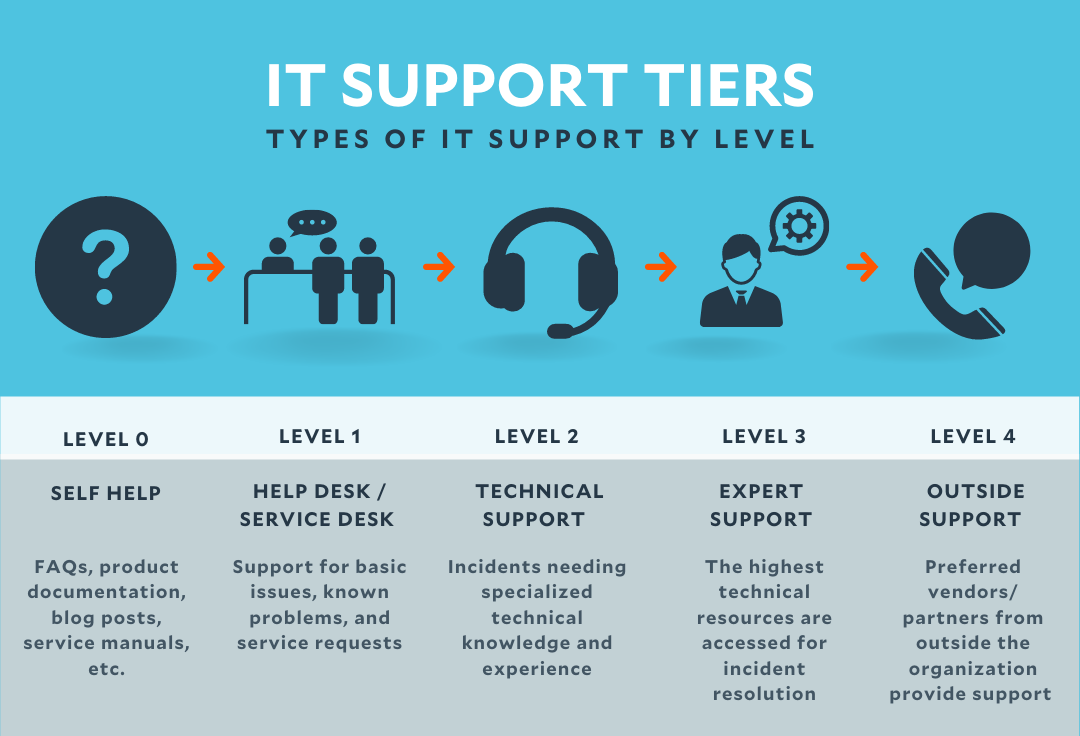The Value of IT Solutions in Emergency Response
In the current fast-paced and constantly changing business landscape, the role of IT services has become more critical, especially in times of crisis. Whether faced with unexpected disruptions, cybersecurity threats, or the need for rapid digital transformation, organizations heavily rely on robust IT services to address these challenges efficiently. Understanding what IT services entail and how they can be leveraged during a crisis can make a significant difference in lessening risks and ensuring business continuity.
As organizations deal with the implications of recent global events, the importance of having dependable IT support cannot be emphasized enough. Small businesses, in particular, can benefit immensely from dedicated IT services that boost their operational efficiency and shield them from potential threats. From managed IT services that provide comprehensive support to essential cloud computing solutions that ensure data security, businesses must recognize the value of incorporating advanced IT strategies into their crisis management plans.
The Significance of Technology Solutions in Crisis Management
In today's fast-paced business environment, the capacity to effectively handle emergencies is paramount. IT services have a key role in ensuring that companies can react swiftly and efficiently to unexpected challenges. From natural disasters to security breaches, having a robust IT framework in place enables organizations to continue operations and reduce interruptions. IT Support Illawarra equipped with dependable IT services can quickly assess the situation, execute recovery plans, and sustain communication with stakeholders, which is crucial in a disaster scenario.
Moreover, IT services improve real-time data processing and analysis during challenging times. With advanced tools and tech, businesses can collect and analyze information swiftly, allowing decision-makers to make wise judgments. This competence not only improves response efficiency but also helps companies grasp the influence of the situation on their operations. By utilizing IT services effectively, companies can detect potential risks and develop proactive approaches to reduce future challenges, reinforcing their overall resilience.
In conclusion, the inclusion of IT services into disaster preparedness strategies highlights the importance of data protection and security. Businesses are increasingly assailed by hacking incidents during challenging times when exposures may be at their highest. IT services that focus on data security ensure that important assets remains secure, even in emergency contexts. By focusing on consistent risk evaluations and applying effective strategies, businesses can safeguard their data and preserve their credibility. This proactiveness not only aids in dealing with current situations but also creates a platform for sustained stability and trust with clients.
### Strategies for Cybersecurity and Business Resilience
Establishing effective cybersecurity strategies is crucial for businesses aiming to maintain strength in the face of increasingly sophisticated threats. A thorough security framework should begin with a detailed risk assessment to identify vulnerabilities specific to the organization. This assessment allows organizations to prioritize their security efforts and allocate resources effectively. Establishing a culture of security awareness among employees through regular training sessions can significantly reduce the risk of human error, which is often a common entry point for cyber attackers.
Regularly updating and patching software is an essential maintenance strategy that helps to mitigate potential cyber threats. Organizations should ensure that all applications and systems are continuously monitored for vulnerabilities, applying necessary updates in a timely manner. Additionally, implementing multi-factor authentication adds another layer of security, making it more difficult for unauthorized users to gain access to sensitive information. Creating a centralized security policy that outlines protocols and guidelines for safe data handling can further enhance organizational resilience.
Finally, developing a comprehensive incident response plan is vital for preparing for potential cybersecurity incidents. This plan should detail the steps to be taken in the event of a breach, including team responsibilities, communication protocols, and recovery strategies. Regularly testing and updating this plan ensures that organizations are ready to respond swiftly and effectively, minimizing damage and downtime. Through the integration of these cybersecurity strategies, businesses can enhance their resilience and safeguard their operations against evolving cyber threats.
Managed IT Services: Improving Productivity and Security
Managed IT services play a critical role in boosting both efficiency and safety for companies of varying sizes. By teaming up with a service management provider, businesses can simplify their IT operations and prioritize core business functions. These firms offer preventive monitoring, maintenance, and management of IT systems, which greatly lowers the likelihood of unforeseen outages and IT problems. In turn, this allows employees to remain engaged and focused to their tasks, ultimately resulting in improved business performance.

Security is another essential benefit of managed IT services. With the increasing number of security risks and the complexity of IT environments, organizations face difficulties to keep their data protected. Managed service providers implement strong cybersecurity measures, including regular security audits, endpoint security, and preventive threat monitoring. This level of ongoing support helps organizations secure their valuable information and uphold compliance with legal requirements, minimizing the risk of information leaks.
Additionally, IT management services can offer businesses affordable solutions designed to their needs. By delegating IT management, organizations can avoid the significant expenses associated with hiring and training in-house staff. Instead, they gain access to a workforce of specialists equipped with the most up-to-date knowledge and skills in IT and digital protection. This method not only reduces money but also allows companies to quickly adjust to new tech and developments, ensuring they stay competitive in the dynamic market space.